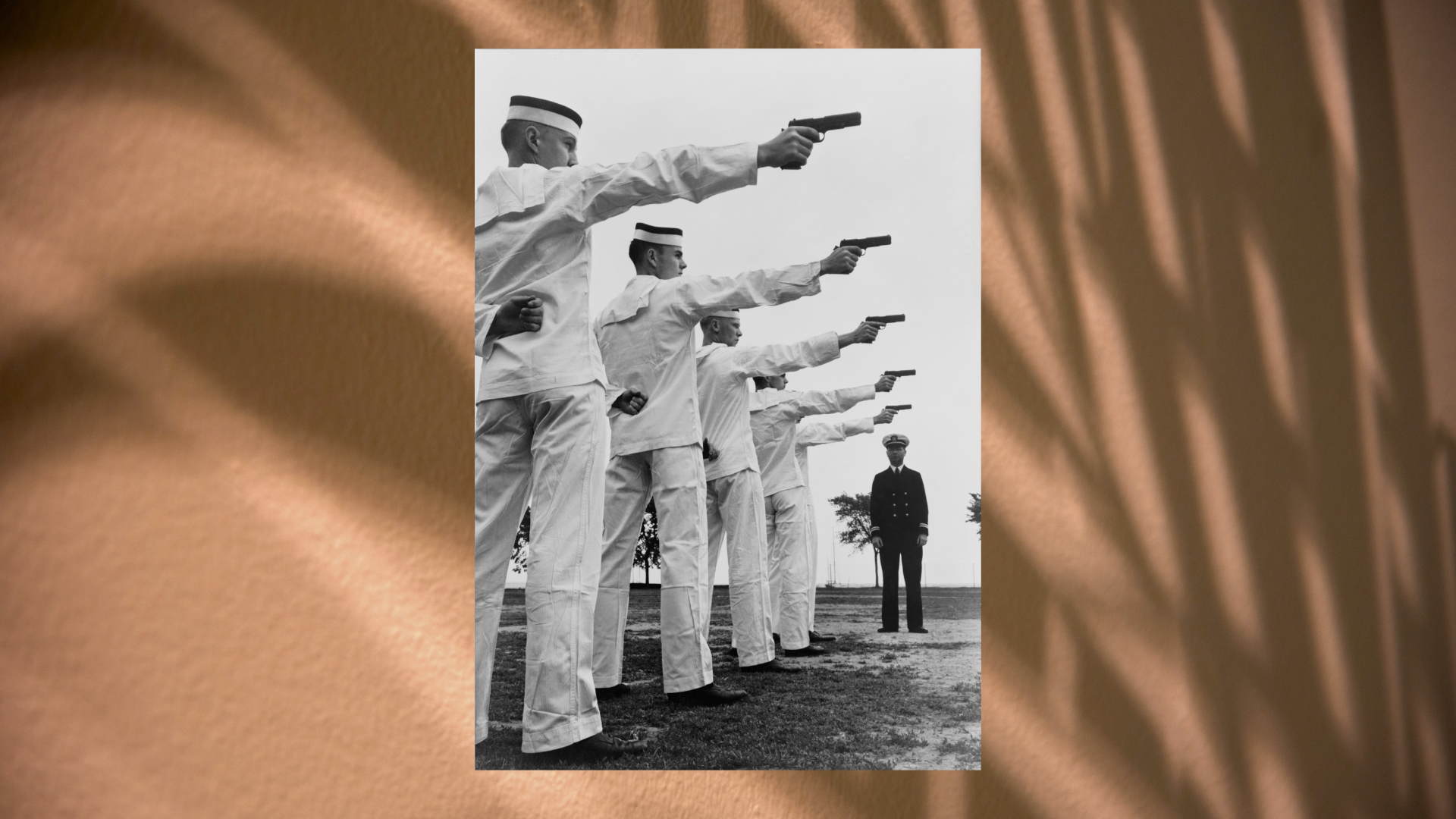If you know the name Robert Musil at all, it’s likely in connection with his lauded 20th-century work “The Man of No Qualities.” The famous modernist novel—an unfinished story concerning the life and fate of an aimless young man in search of meaning—was praised on release, and Musil himself didn’t care to stop the presses to point out that he’d actually written another, slimmer masterpiece years before: a painful, heady tale of a boy’s moral education called “The Confusions of Young Torless.”
But “Torless,” while much more straightforward than Musil’s later work, can offer us something that the latter can’t: a painful, sadistic eroticism that makes for a truly gripping read.
When the novel opens, our young hero Torless is not a boy, not yet a man: he’s dealing with all those messy, sticky preteen emotions. He yearns for independence, yet clings to the comfort of his home and still loves hanging out with his parents. When said parents pack Torless off to an Austrian military school, he’s at first overcome with feelings of homesickness. These, however, soon give way to another, more disturbing feeling. Torless is starting to realize that he’s attracted to other men. And he comes by this knowledge in a pretty traumatic way.
Once Torless becomes acclimated to school life, he makes friends with two fellow students: the haughty Reiting and the cold, calculating Beineberg, whose “long, slender” fingers Torless finds himself fantasizing about. There’s also another boy in their orbit—the shy, awkward Basini.
One night, Reiting tells Torless a story about Basini that changes everything for the three boys. Basini, who seems less well-off than the other boys, borrowed money from Reiting that he couldn’t pay back. When Reiting discovers Basini stealing from another classmate to pay him back, Reiting knows he could have Basini reported and kicked out of the prestigious academy.
“Torless” can offer us something Musil’s later work can’t: a painful, sadistic eroticism that makes for a truly gripping read.
But he doesn’t do that. Instead, he takes it upon himself to sexually torture Basini and make him do whatever he wants.
Things start off somewhat innocently, without any clear sexual component. Reiting tells Basini that he will “have to obey [him] in whatever [he does.]” Reiting soon enlists Beineberg in this project, and they begin their “surveillance” of Basini.
Soon, they begin a ritual of taking Basini into a hidden crawlspace where the boys start by beating their schoolmate, and end by raping him. Torless, watching all this unfold, is shocked and disgusted to find that he’s aroused by the situation. He can’t tell if he’s attracted to his “friends,” the sadistic boys who can only express their desire for Basini through his degradation, or if he desires Basini, the increasingly submissive classmate who ends up giving into the torture and seeming to enjoy the sex, despite his terror.
In the midst of all this, Torless starts reckoning with his own sexual—and gender—identity.
“When he had been very small…there were times when he felt a quite inexpressible longing to be a girl…Yes, there were times when he felt so vividly like a girl that he thought he must really be one…he couldn’t understand why everyone kept telling him that he had to remain a boy forever.”
One night, when Reiting and Beineberg are away, Basini shows up at the foot of Torless’s bed. He strips naked, and Torless admires his “naked, snow-white” body, which makes the “red of the walls turn to blood behind him.”
Related:
Kyle Turner’s “The Queer Film Guide” is Required Reading
“I hope this book is able to give visibility to things that are imperfect, because queer people are themselves imperfect.”
Torless lies there, not sure whether Basini is initiating a consensual sexual encounter, or submitting to his usual punishment.
“Basini had a beautiful physique,” Torless can’t help noticing, “his body, almost entirely lacking in masculine forms, was as chastely slender as that of a young girl.”
Torless finds that he “cannot escape the power” of such beauty. The two spoon in bed, with Basini returning to Torless’s bed later saying “it would be a pleasure to serve you.”
Torless’s confusion is hardly limited to his sexuality: he’s confused about the gender of himself and others, of his own role in Basini’s debasement, and of the question of consent in all of it. Finally, after his classmates’ treatment of Basini reaches a violent fever pitch, Torless, disgusted by his collusion in the abuse and upset by his queer desire, breaks away. He’s taken out of the school and never thinks about the incident again, left only with a “quiet, brooding weariness” connected with his early youth.
“Torless” is a complex study of abuse, desire, and homosocial behavior, and it’s certainly not for the faint of heart. Musil, a contemporary of Sigmund Freud concerned with many of the same societal themes, pulls no punches in his semi-autobiographical first novel. If you can get past the painful descriptions of sexual cruelty, you’ll find something to appreciate in Musil’s study of a soul at war with itself, with the dominant culture, and with the innate cruelty that life at a military academy can often bring to the surface.
Don't forget to share:
Help make sure LGBTQ+ stories are being told...
We can't rely on mainstream media to tell our stories. That's why we don't lock our articles behind a paywall. Will you support our mission with a contribution today?
Cancel anytime · Proudly LGBTQ+ owned and operated
Read More in Entertainment
The Latest on INTO
Subscribe to get a twice-weekly dose of queer news, updates, and insights from the INTO team.
in Your Inbox














